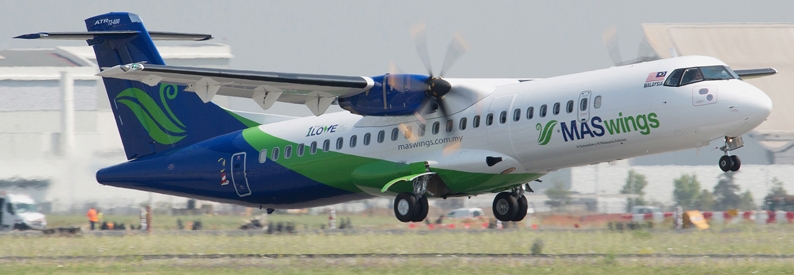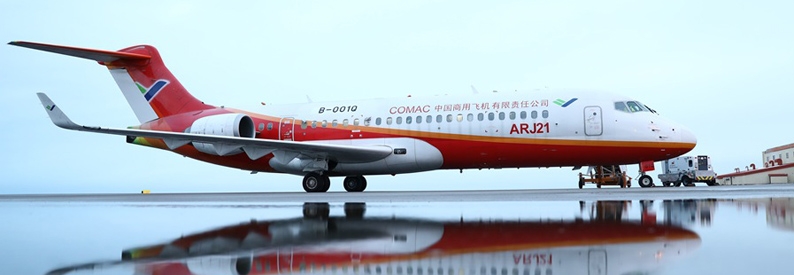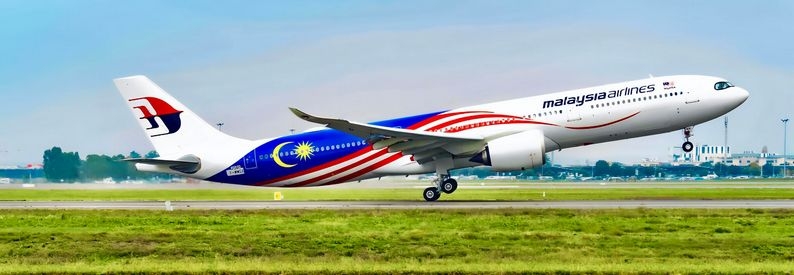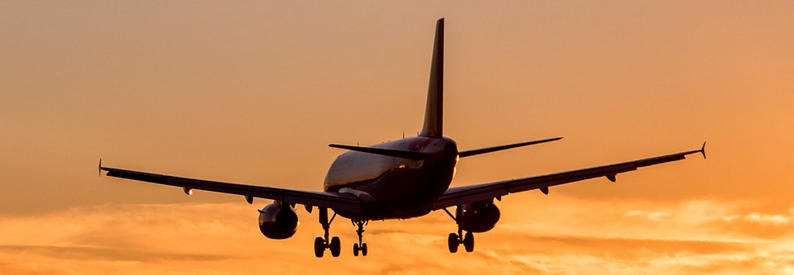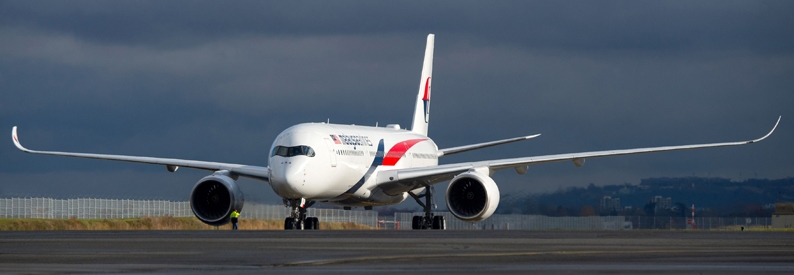The state government of Sarawak on the Malaysian part of the island of Borneo aims to launch its own airline next year, leasing three aircraft to do it.
Speaking at separate news conferences, the state's chief minister, Datuk Patinggi Abang Johari Tun Openg, said he already had a model on how to achieve direct connectivity between the state and other cities around the world.
“We will not be owning the aircraft. It is not an airline per se, because that would be too big, but something like a nucleus operating air service,” he said in the capital Kuching on September 20, according to the New Sarawak Tribune.
At another press conference on October 21, this time in Port Dickson near Kuala Lumpur, he said that leasing aircraft “would provide a more viable option compared to buying aircraft,” according to the Borneo Post.
He elaborated that he was initially looking at leasing three aircraft and that the state government would control the air service's operations.
The state had previously wanted to take over MASwings, a regional subsidiary of Malaysia Airlines based at Kota Kinabalu on Borneo, but the chief minister said earlier this year that the flag carrier had pulled out of negotiations because it was “worried we might become their competitor”.
When asked again about MASwings at both news conferences, he said that the Sarawak state government was continuing to pursue this possibility but was reluctant to divulge details.
Abang Johari is a member of the right-wing political alliance Gabungan Parti Sarawak and Pesaka Bumiputera Bersatu (GPS-PBB). On October 17, Kelvin Yii, a politician with the centre-left opposition Democratic Action Party, spoke out against the idea “to set up a Sarawak airline or even in collaboration with Sabah, because it may not be sustainable or economically feasible.”
“While I believe there is a need to improve connectivity into Sarawak and around Borneo to promote our tourism industry, there are better ways to do that than dip our fingers into the airline business, which is tough and highly regulated in terms of its organisational structure, passenger safety regulations, and other aviation requirements,” Yii said.

